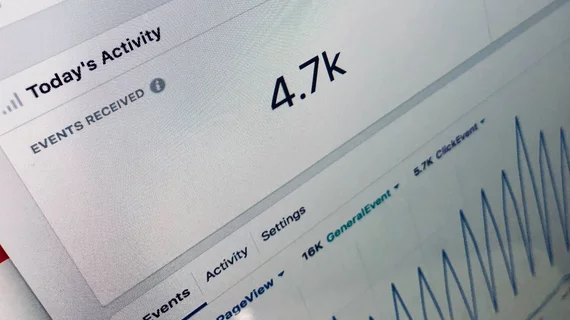Customizable, free COVID-19 prediction models on offer from Cleveland Clinic, SAS
Cleveland Clinic and the analytics software vendor SAS have jointly developed predictive models to help hospitals prepare for three COVID-19 scenarios—worst case, best case and most likely.
The models can make adjustments as changes unfold in variables like fluctuations in the effectiveness of social distancing when people properly practice it or fail to.
The duo is making the tools available for free via GitHub to any interested hospital or health system.
Incorporating COVID-specific concerns such as what patient volumes to expect, how much bed capacity may be needed and how many ventilators will be available if and when they’re needed, the models predict impacts on supply chain, finance and other critical areas, according to a news release.
Cleveland Clinic says the models guided its own planners to ready for the worst. Following the predicted particulars of this scenario, the institution has opened an overflow facility with 1,000 beds on its education campus. The added capacity is now set aside for non-COVID patients who don’t need ICU-level care.
The models also laid out likely labor needs for Cleveland Clinic, along with ways to organize and activate new or reassigned personnel.
Chris Donovan, executive director of enterprise information management and analytics at Cleveland Clinic, says his institution and SAS are sharing the models publicly “so health systems and government agencies globally can use them in their own communities. Our hope is that others contribute their ideas and improvements to the models as well.”

